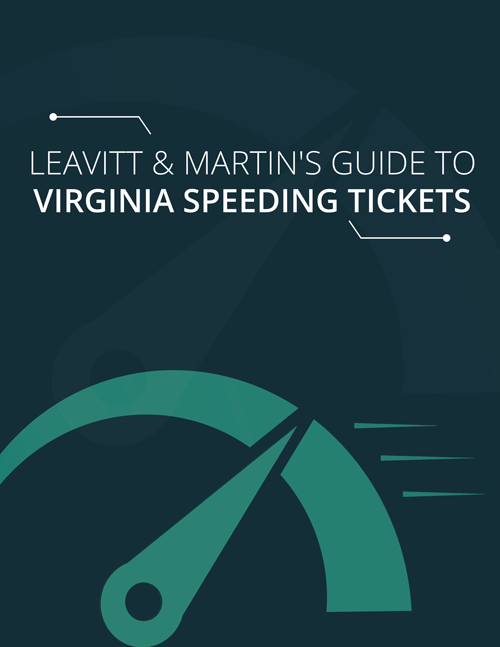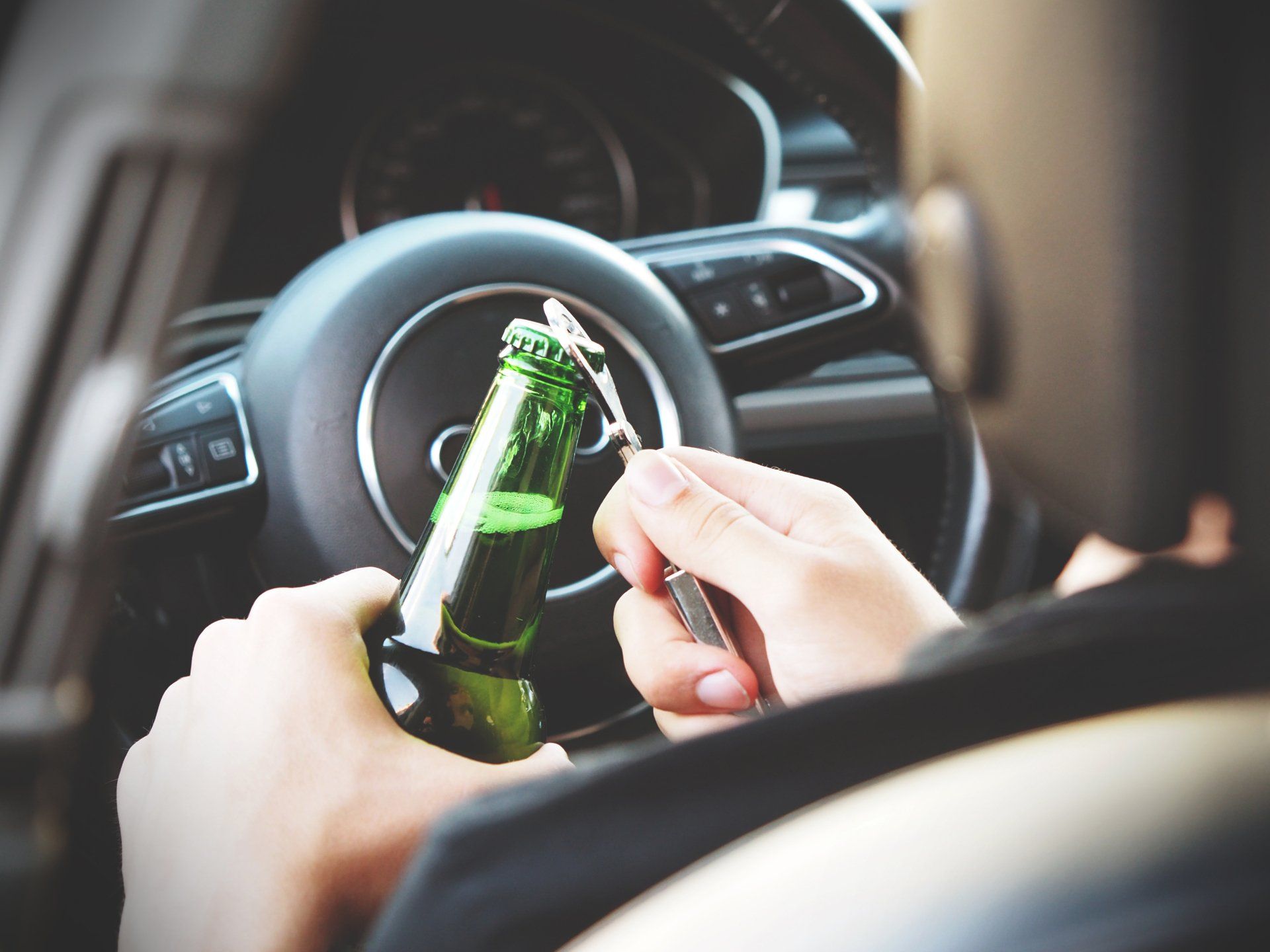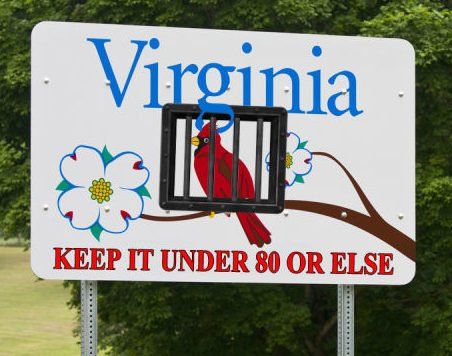Most Common Virginia Workers Compensation Injuries
Most Common Injuries That Qualify Richmond Virginia Area Workers Claims
Employees in Richmond Virginia have a right to a safe workspace. Yet, even in the most well-organized and maintained environments, accidents can happen. When they do, employees may have the right to file a claim with the Virginia Workers' Compensation Commission for coverage of their losses.
The Virginia Workers' Compensation Act requires employees that suffer on-the-job injuries or diseases to receive benefits. To do this, individuals must report their injuries to the employer immediately and file a claim with the proper authorities within two years.
The Most Common Workers' Compensation Claims
Many types of injuries qualify for workers' compensation. The National Safety Council provides some insight into the most common injuries happening on the job. This includes:
1: Overexertion-related Injuries
Accounting for 33.4 percent of injuries on the job overexertion injuries include lifting or lowering objects. They can also include repetitive motion injuries. These occur when a person performs the same task and process numerous times, developing muscle, tendon, or other injuries. Bear in mind that repetitive injuries often do not qualify for coverage under workers compensation.
2: Contact with Objects and Equipment
It's not uncommon for accidents related to equipment to occur on the job. This accounts for about 26 percent of all on-the-job injuries. Examples include being struck by an object or a piece of equipment, getting stuck against equipment, or being hurt by objects. It also includes compression or getting caught in equipment, crushing accidents due to collapsing infrastructure or materials, or otherwise being hurt by objects from the job site.
3: Slips and Falls
Slip and fall accidents can occur commonly on the job. This may include any instance when a person falls from an upper area to a lower level. It can also include falling on the same level. Slippery floors, tripping over objects, or falling from ladders are common examples. Slip and fall accidents account for about 25.8 percent of all workplace incidents.
Which Accidents Are Covered Under Law?
Work-related injuries fall under workers' compensation claims. This includes any work that you are doing as a part of your job or on behalf of your employer. Work must be done during the course of employment to qualify. This may include incidents that happen in company-owned vehicles or trucks if the employee was engaging in activities related to work.
In some cases, workers' compensation will cover incidents that happen at work but may not be related to doing work-related tasks. For example, if someone does not follow safety rules and is hurt as a result of that, this may fall under covered cases in limited situations. For instance, if someone engages in horseplay and you are the innocent victim, you may still qualify for workers' compensation.
It's very important to document what's occurred, receive proper medical care for your needs, and to file claims within the designated timeframe. Keep in mind, too, that workers' compensation claims can relate to more than just your medical bills. They may also include the time you've lost at work and other losses you've suffered.
When Are Workers' Compensation Injuries Not Covered?
There are some incidents in which workers' compensation does not provide comprehensive coverage. For example, instances in which you are engaged in willful misconduct may disqualify you from compensation. This may include:
- Violations of safety laws that you knew about and understood were requirements
- Instances in which you violate a traffic rule and, as a result, you suffer an injury
- Instances in which you broke a rule that led to the incident
In addition, any claim that is determined to be fraudulent or misrepresented is not compensated. More so, under Virginia law, if an employer can prove that a person mispresented themselves on an application and that is related to the work injury suffered, this may lead to compensation claim denial.
Additional instances in which your workers' compensation claim may not be valid include:
- Having a pre-existing medical condition that causes your injury
- You refused to receive vocational rehabilitation after it was provided to you
- You refused medical treatment such as not going to the doctor
- You violate medical restrictions set by your doctor
- You cannot explain the cause of your accident
It's also essential to provide proper notice to your employer and file a claim within the state's two-year statute of limitations. Because there are so many limitations on receiving compensation that may be owed to you, it is best to hire an attorney to guide you in filing your claim and settling it.











